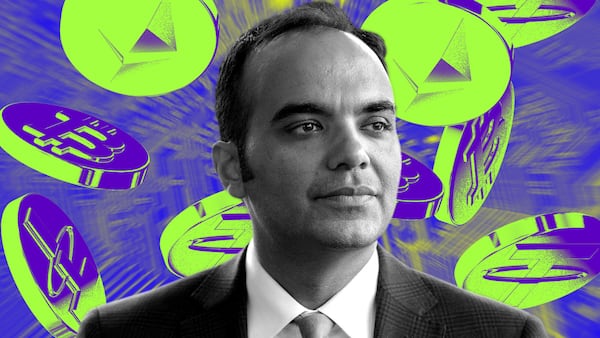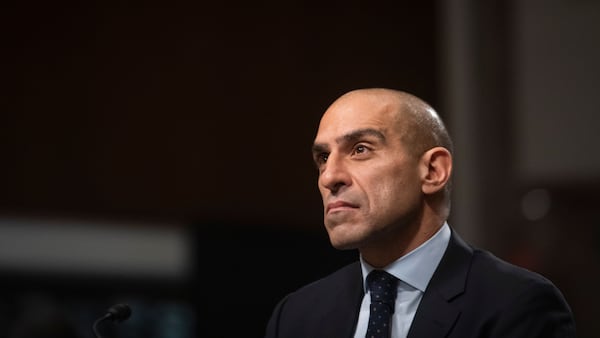- An advisory committee voted in favour of a report on how to classify digital assets.
- Commissioner Pham, who heads the committee, hopes the taxonomy provides more nuance for regulators drafting laws on crypto.
- The report will help show where new regulation is needed, the committee said.
A group of crypto experts from the private sector want to align US crypto laws with the standards set in the rest of the world.
To do so, the Global Markets Advisory Committee is recommending that the US Commodity Futures Trading Commission adopt a new way of classifying digital assets.
“Digital assets offer a broad array of features, functions and characteristics,” Caroline Pham, commissioner at the CFTC and sponsor of the group, told DL News in an emailed comment. “How we think about them from a regulatory standpoint should reflect those differences.”
Pham said she hoped the committee’s framework on digital assets will help to “further advance the discussion and promote US regulatory clarity” and help the US align with international standards for crypto.
The group said it built upon classification efforts of global prudential standard setters and regional authorities, including the Bank for International Settlements, and the Financial Stability Board.
Pham has previously argued that international pressure could force the US to follow other jurisdictions, like the European Union, in adopting crypto laws.
The recommendation comes as the industry and politicians have hurled crypto into the stateside political discourse, arguing over how to best regulate digital assets ahead of this year’s presidential election.
What’s a digital asset
The Global Markets Advisory Committee adopted a report on digital assets this week.
It recommends that digital assets should be split between financial and non-financial uses, the report argues as it lays out a comprehensive classification system.
The taxonomy breaks down different features of crypto assets, including how they are issued, their fungibility, if they can be redeemed and how records are kept.
Whether the digital asset is based on a blockchain or another type of database is not part of the classification.
Whether or not cryptocurrencies should be classified as securities is hotly debated in the States.
The US Securities and Exchange Commission has fired off a barrage against crypto exchanges, contending that most cryptocurrencies are securities.
The report said two types of digital assets could be classified as securities.
The first are tokenised securities, referring to digital twin token that represents an underlying traditional security.
The second are security tokens, which are described as digital native tokens that satisfy “the applicable regulatory definition of a security or financial instrument under local law.”
Bitcoin and Ether would be classified as “platform crypto asset,” according to the report, as it is “hard-coded” to its underlying platform.
Bitcoin would also classify as a “digital native,” because it is “the original record of value that does not need to be recorded elsewhere to verify ownership,” the report said.
Stablecoins would only be deemed as stablecoins if they meet conditions for backing assets, namely “high quality liquid assets” like cash or US Treasury reserves.
The recommendations “will help navigate us to the places where regulations actually already exist, and we don’t need to make new regulations,” Caroline Butler, BNY Mellon’s CEO of digital assets and member of the group leading the report, said in a meeting on Wednesday.
The committee said that based on its digital asset taxonomy, it will continue to make policy suggestions to regulators.
It will also help show where new regulation is needed, “or tweaks to existing regulations, or maybe actually fall outside of regulations,” Butler said.
The committee is not the only part of the CFTC pushing recommendations on crypto.
The Technology Advisory Committee recently adopted a “first-of-a-kind” report on bringing decentralised finance into the regulatory perimeter.
Inbar Preiss is DL News’ Brussels correspondent. Contact the author at inbar@dlnews.com.







